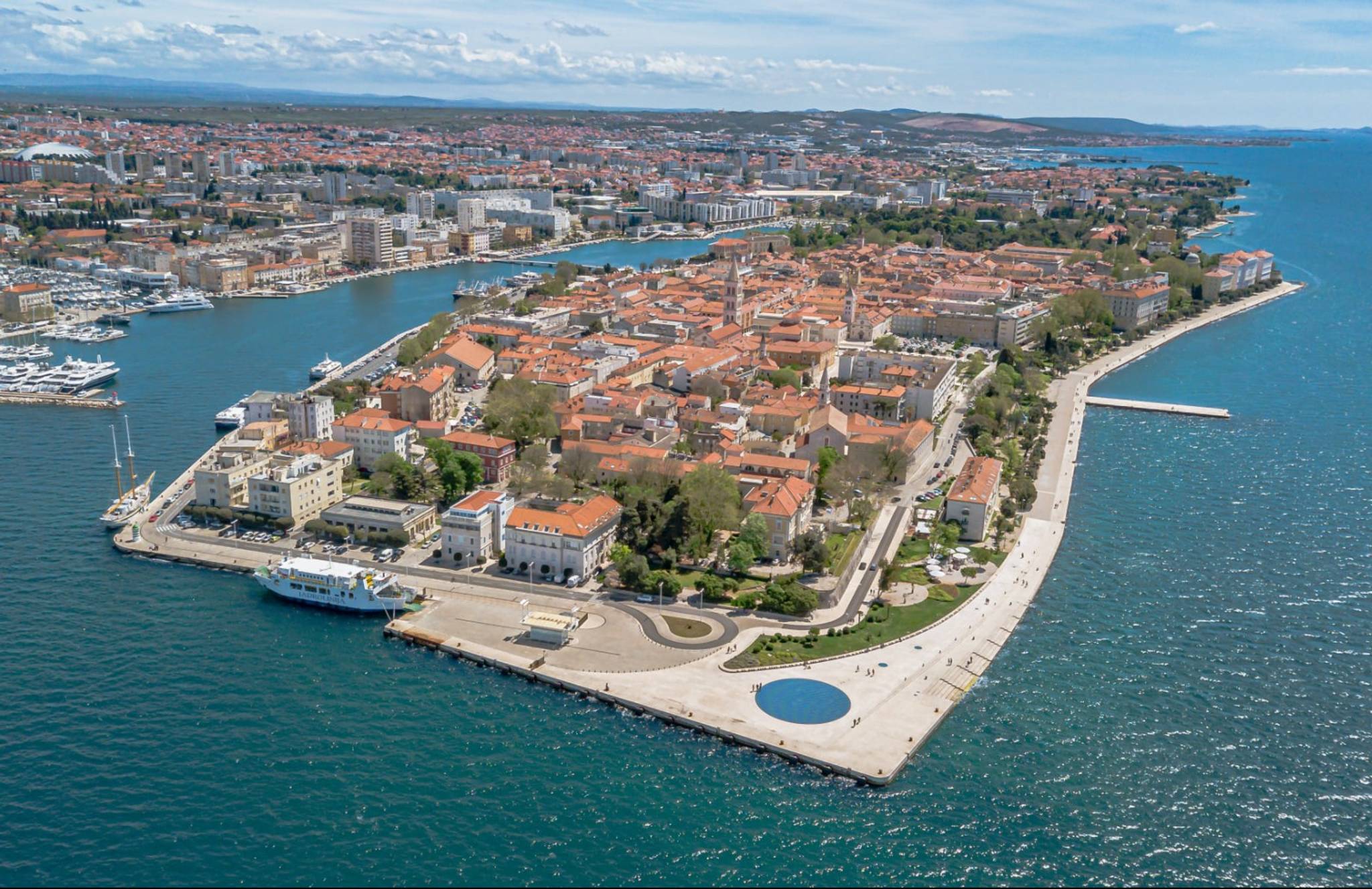
In a bid to attract more remote workers and digital nomads, Croatia is opening one of Europe’s first digital nomad villages. It’s part of the country's wider efforts to attract the more community-centric digital nomadism that people are increasingly seeking out post-pandemic.
Digital Nomad Valley Zadar, located in Borik, Zadar, is Croatia’s first digital nomad village, a short walk from the historic old town, on the Adriatic coast. It offers premium mobile homes with solo or co-living options, a community manager, and exclusive events. “It is a concept of a curated digital nomad community, where a specially created coworking space represents the base and the soul of the 'village'," says Mario Mrksa, co-founder. "The idea is to gather digital nomads in a specific area in order to create a strong community, which will then get stronger on its own, as the members invite their friends and help make the community even better.”
As one of Europe’s biggest travel destinations in 2021, Croatia has relied on digital nomadism to keep its economy running throughout the pandemic. The country has even offered special visas for digital nomads outside the EU, allowing them to stay for a year without paying income tax. The popular tourist destination is also responding to unexpected hurdles that the pandemic brought, including championing the need for service- and community-centered nomadic experience. The Croatian city of Dubrovnik, for example, has invited influencers to help design its offer, with a digital-nomad-in-residence programme. With a third of French and German workers predicted to operate remotely in 2022, Spain incentivising nomads to live in its ghost towns, and various tax apps helping remote workers stay on top of finances, digital nomadism is expected to thrive in post-pandemic Europe.